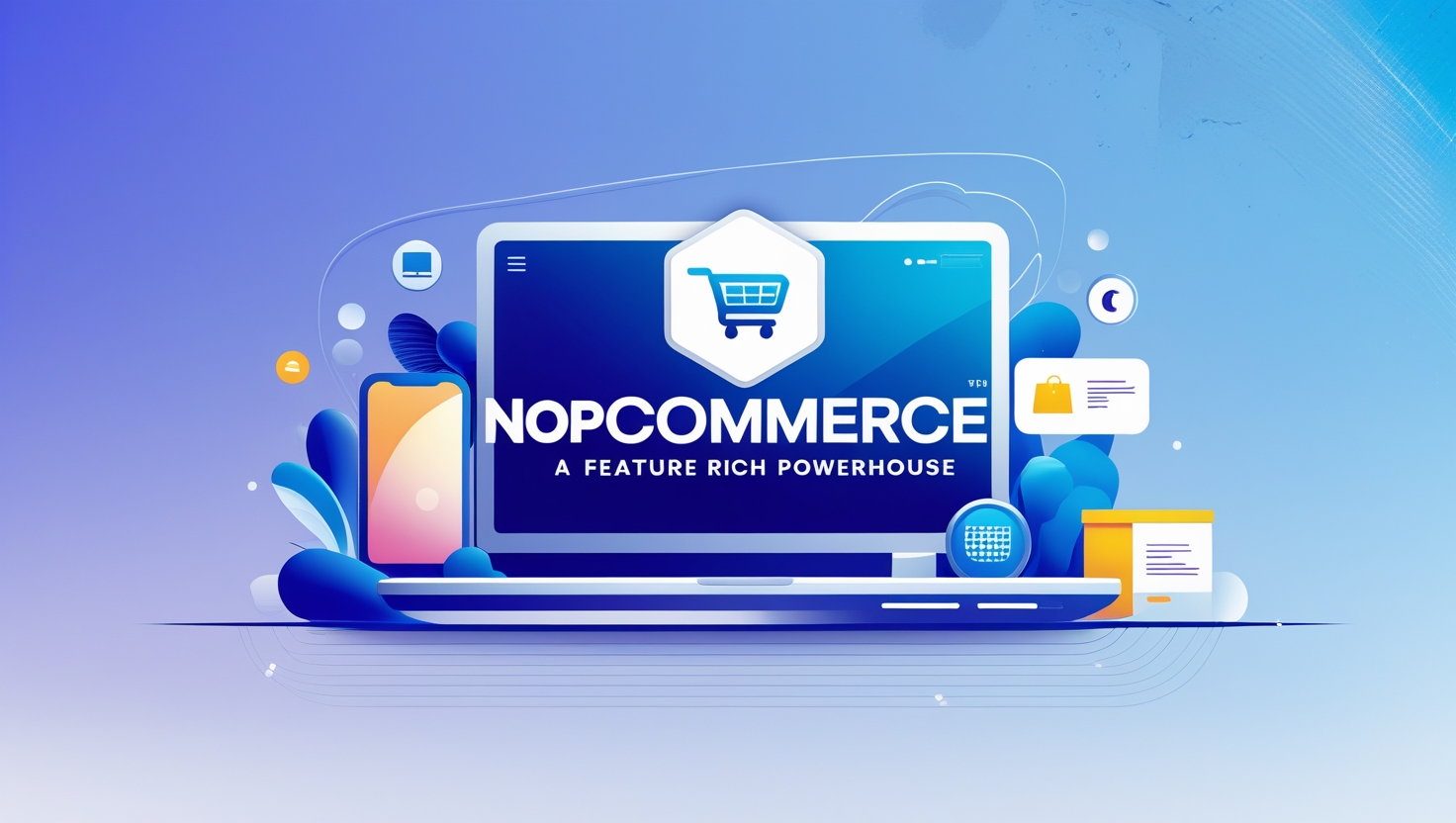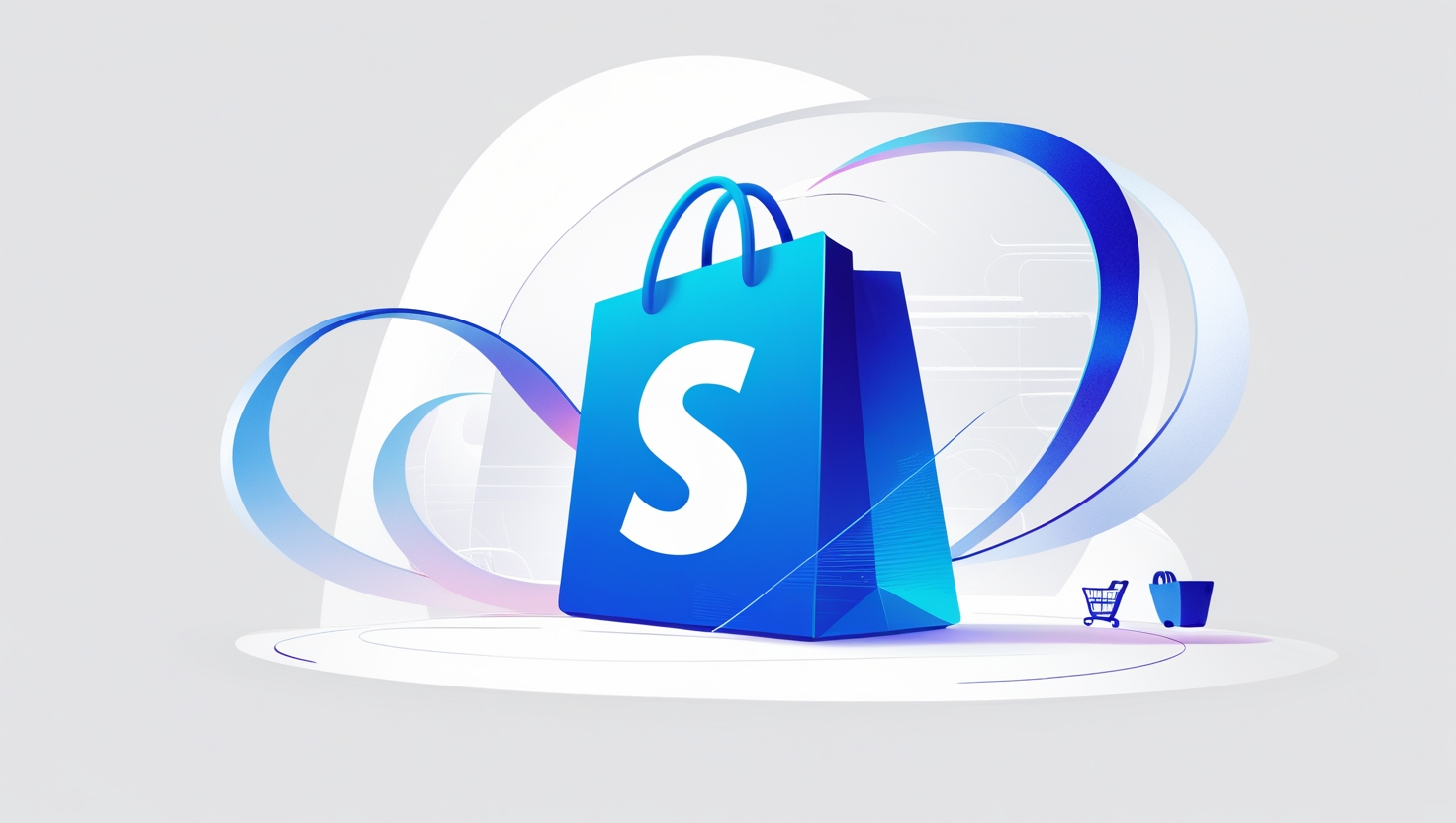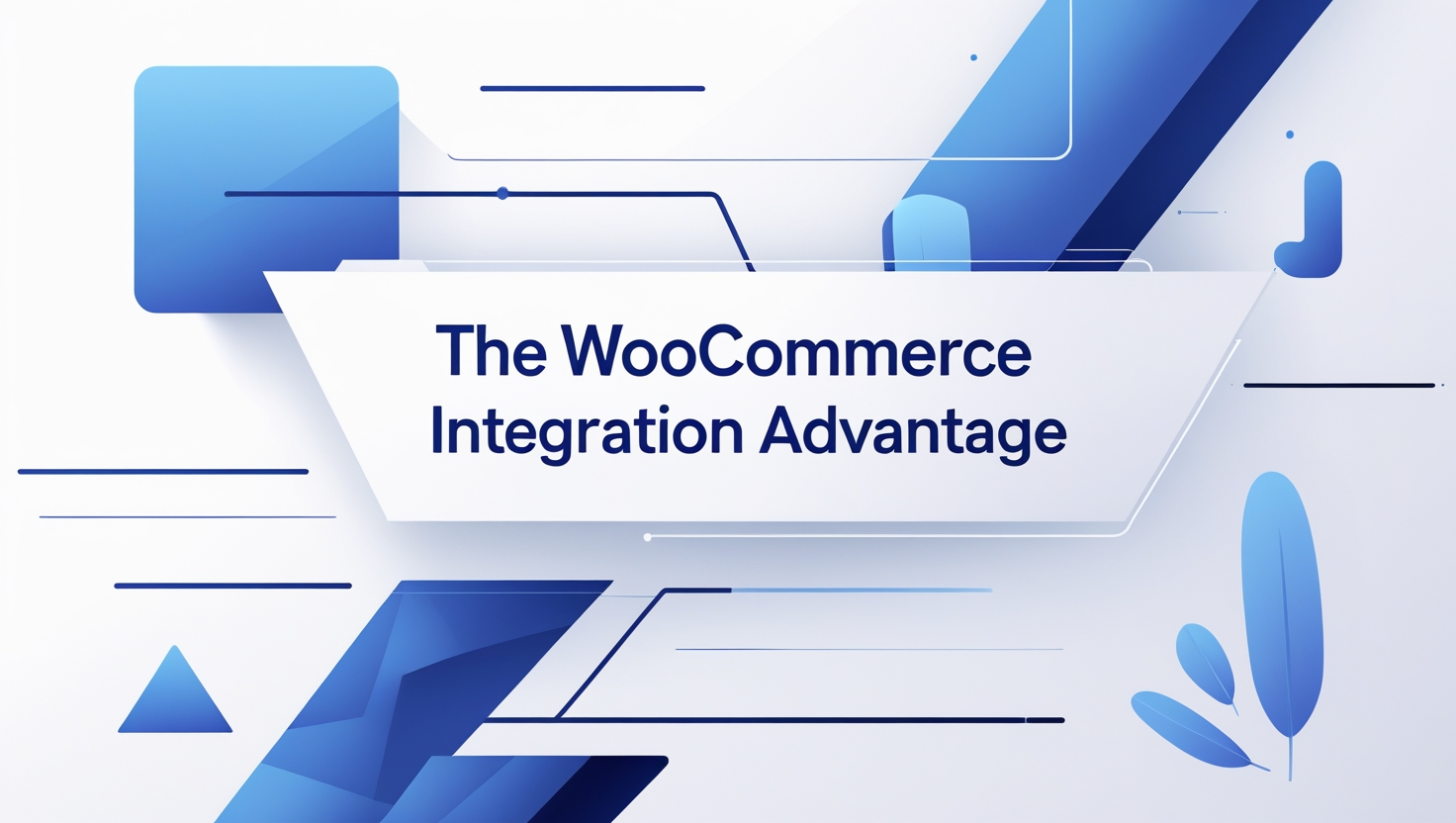Are you an Australian business owner or executive staring down the barrel of skyrocketing online demands in a market that's evolving faster than ever? From Sydney's competitive retail scene to Melbourne's innovative startups, off-the-shelf e-commerce platforms often promise seamless growth but deliver frustrations—like rigid features that don't align with your unique operations, clunky integrations that inflate costs, and scalability issues that let competitors pull ahead. This aggravates missed growth targets, erodes customer trust, and drains resources on workarounds for outdated systems. But imagine a tailored solution that not only resolves these pains but propels your business forward with efficiency and a competitive edge.
At C9, we specialise in custom software, apps, integrations, and database development to empower Australian businesses just like yours. In this in-depth guide, we'll compare four leading e-commerce platforms—NopCommerce, Shopify, WooCommerce, and WordPress—focusing on their strengths, limitations, and fit for your goals. Whether you're battling high operational costs or seeking to outpace rivals through technology, this showdown will equip you with actionable insights to choose wisely and partner for long-term success.
Deep Dive into Each E-commerce Platform
NopCommerce: The Feature-Rich Powerhouse for Complex Needs

NopCommerce is an open-source e-commerce platform built on the ASP.NET Core framework, offering a robust suite of tools for advanced product management, marketing, and multi-store operations. Its architecture supports deep customisation, making it a go-to for businesses requiring intricate setups.
Key Benefits for Australian Businesses:
- Enhanced B2B Efficiency: Features like customer-specific pricing and quote management streamline wholesale transactions, reducing administrative overhead and boosting profitability by enabling faster deal closures.
- Robust Security and Compliance: Built-in protections ensure data safety, helping you maintain customer trust and meet Australian privacy standards, which translates to fewer risks and more loyal repeat business.
- Scalable Customisation: Open-source flexibility allows integrations with local systems like ERP or Australia Post, benefiting your operations by eliminating data silos and driving cost savings through automated workflows.
- Multi-Store Management: Easily handle multiple brands or vendors, ideal for expanding across regions, resulting in higher revenues from diversified sales channels.
-
Ideal For: Established Australian businesses with B2B models, complex inventories, or multi-store needs, where customisation drives competitive advantages.
Limitations:
- Steeper learning curve for non-technical users.
- Potential higher upfront costs for custom development.
- Requires self-hosting, demanding technical oversight.
Shopify: The User-Friendly Scalability Solution for Rapid Growth

Shopify is a fully hosted platform known for its intuitive interface and extensive app ecosystem, handling everything from store setup to security and scaling.
Key Benefits for Australian Businesses:
- Quick Launch and Management: Drag-and-drop tools get you online fast, benefiting time-strapped executives by minimising setup time and allowing focus on sales growth.
- Reliable Infrastructure: Automatic hosting and updates provide uptime assurance, scaling with your business to handle peak traffic—like Black Friday surges—without crashes, ensuring consistent customer experiences.
- Integrated Ecosystem: Apps for local shipping (e.g., Australia Post) and payments (e.g., Afterpay) simplify operations, reducing costs through efficient logistics and increasing conversions with seamless checkouts.
- Top-Tier Support: 24/7 assistance resolves issues swiftly, empowering your team to innovate rather than troubleshoot.
-
Ideal For: Startups and SMEs in Australia prioritising speed, ease, and scalability, especially those without in-house tech expertise.
Limitations:
- Transaction fees add up for high-volume sellers.
- Customisation limited on basic plans.
- Ongoing app costs can escalate expenses.
WooCommerce: The Flexible WordPress Integration for Content-Driven Stores

WooCommerce is an open-source plugin for WordPress, transforming content sites into full e-commerce hubs with vast plugin support.
Key Benefits for Australian Businesses:
WordPress (with Other E-commerce Plugins): Niche Solutions Beyond WooCommerce

WordPress extends beyond WooCommerce with plugins like Easy Digital Downloads for specialized needs, harnessing the CMS's ecosystem.
Key Benefits for Australian Businesses:
Limitations:
Head-to-Head Comparison: Key Considerations for Australian Businesses
| Feature |
NopCommerce |
Shopify |
WooCommerce (on WordPress) |
WordPress (Other Plugins) |
| Ease of Use |
Moderate to High |
Very High |
Moderate |
Moderate to High |
| Scalability |
High |
High |
Moderate to High |
Moderate to High |
| Cost (Initial) |
Moderate to High |
Low |
Low (potentially) |
Low (potentially) |
| Cost (Ongoing) |
Moderate (hosting, development) |
Moderate to High (fees, apps) |
Moderate (hosting, plugins) |
Moderate (hosting, plugins) |
| Customization |
Very High |
Moderate |
Very High |
Very High |
| SEO Capabilities |
Strong Built-in |
Good Built-in + Apps |
Strong via WordPress + Plugins |
Strong via WordPress + Plugins |
| Payment Gateways (AU) |
Extensive Support |
Extensive Support |
Extensive Support |
Extensive Support |
| Shipping (AU) |
Good Built-in + Integrations |
Good Built-in + Apps |
Good via Plugins |
Good via Plugins |
| Security |
Strong Built-in |
High (managed hosting) |
Dependent on Management |
Dependent on Management |
| Support |
Community, Paid Support |
Excellent Direct Support |
Community, Paid Plugins |
Community, Paid Plugins |
| B2B Functionality |
Very Strong Built-in |
Limited Built-in + Apps |
Moderate via Plugins |
Varies by Plugin |
| Content Integration |
Moderate |
Basic |
Excellent |
Excellent |
Scenario-Based Recommendations for Australian Businesses
- Budget-Constrained Startup: Opt for Shopify's quick setup or WooCommerce's low-cost flexibility to launch fast and iterate without heavy investments.
- Established Retailer Digitising: NopCommerce or WooCommerce for handling complex inventories and integrations, ensuring smooth transitions from legacy systems.
- B2B Supplier: NopCommerce's native tools excel in wholesale features, minimizing custom workarounds.
- Content-Focused Seller: WooCommerce integrates seamlessly with WordPress for marketing-driven growth.
- Niche Digital Business: WordPress plugins like Easy Digital Downloads provide specialized efficiency.
Making the Right Choice: Key Takeaways
The best platform aligns with your scale, budget, and goals—NopCommerce for customisation, Shopify for ease, WooCommerce for flexibility, and WordPress plugins for niches. Evaluate against your pain points, like outdated systems or cost barriers, to select one that fosters efficiency and profitability.
Partner with C9 for Tailored E-commerce Success
At C9, we go beyond comparisons—we collaborate to build custom solutions that address your unique challenges. Our expertise in NopCommerce, Shopify, WooCommerce, and WordPress ensures seamless integrations, secure apps, and innovative features that reduce costs and drive revenues. For example, we've helped Australian retailers integrate local payment gateways, cutting transaction times by up to 40% and enhancing customer experiences.
Tired of generic platforms? Let's partner. Contact our team for a free consultation
Conclusion
Navigating e-commerce platforms doesn't have to be overwhelming. By choosing the right fit—whether NopCommerce's power, Shopify's simplicity, WooCommerce's versatility, or WordPress's niche appeal—you position your Australian business for sustained growth. At C9, we're committed to your success through collaborative, custom solutions that turn technology into a competitive advantage. Ready to thrive? Reach out today.
Return